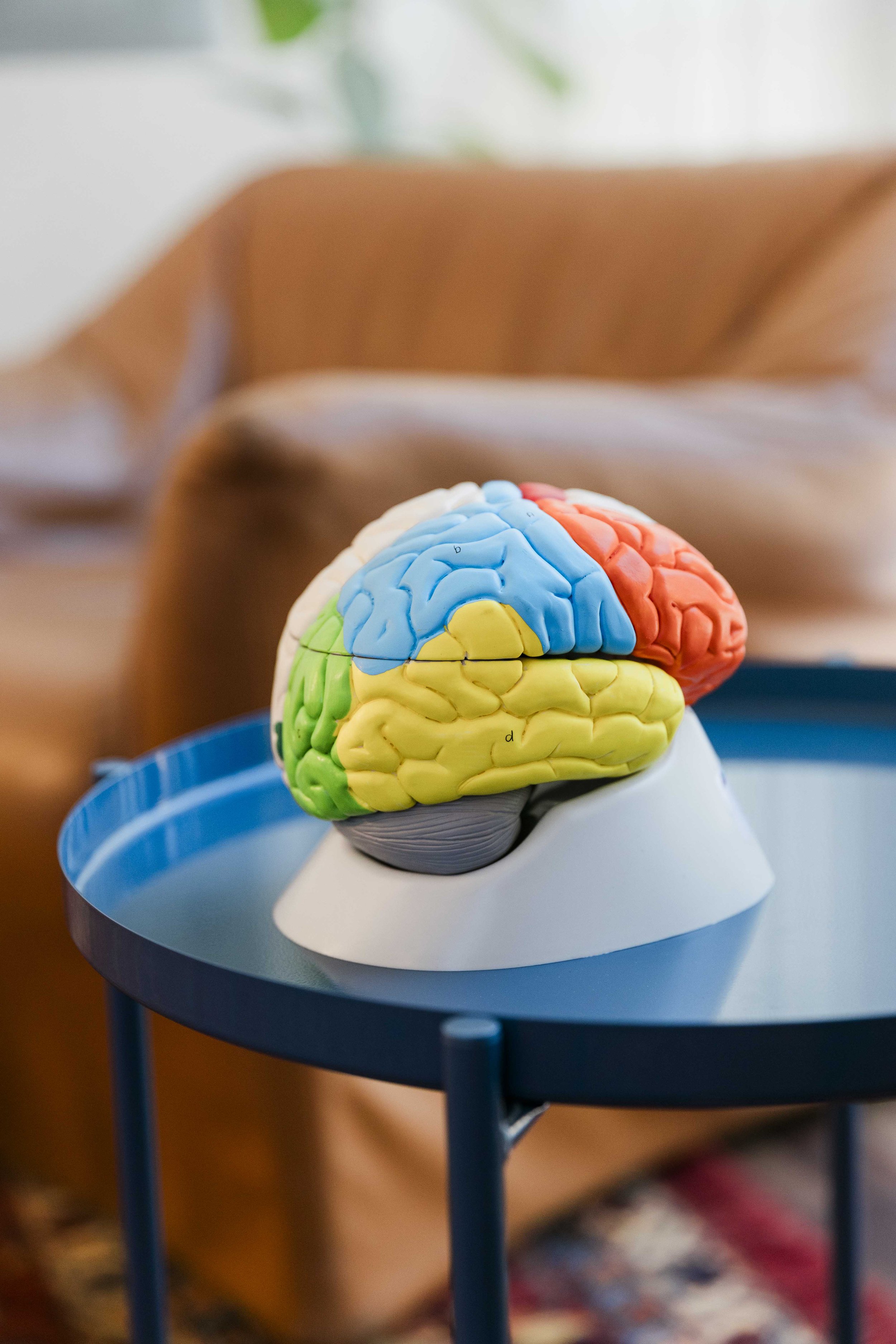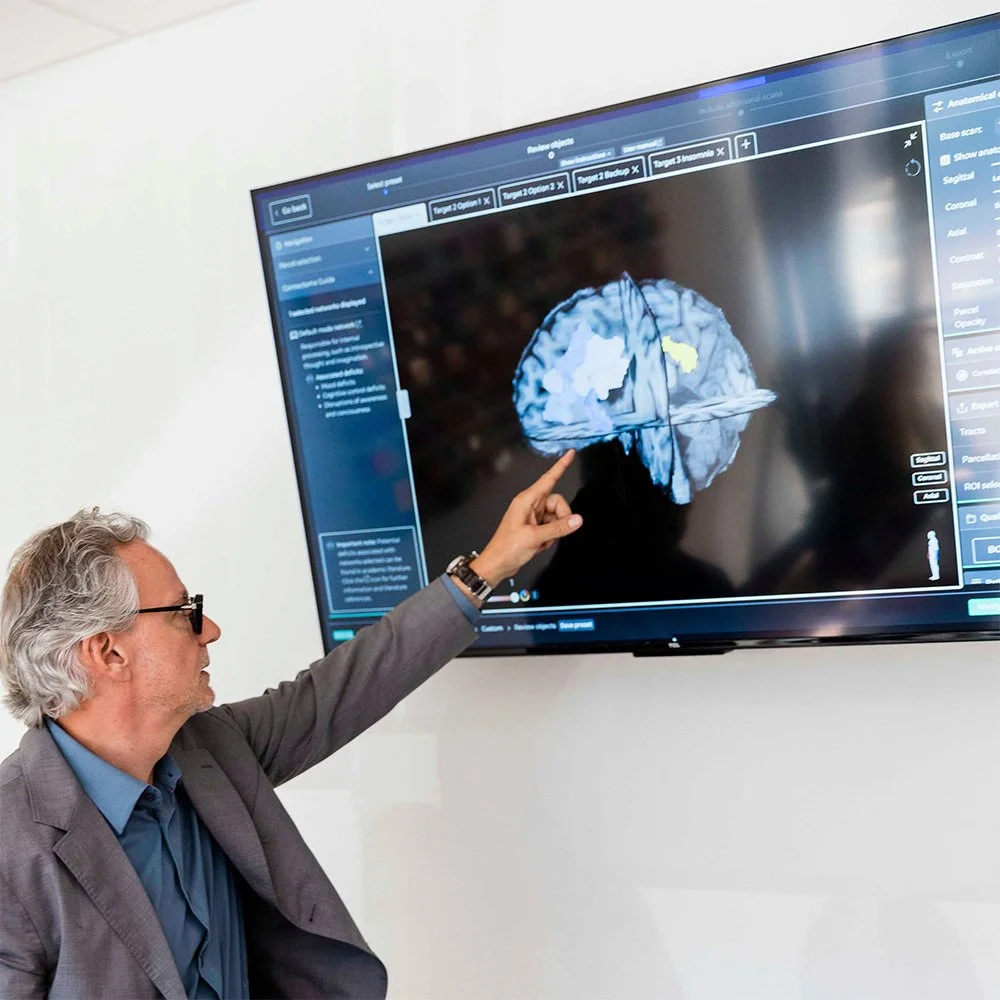
Delve Journal
Brain Mapping & Connectomics: Emerging Evidence for Mental Health Treatment
The brain is a complicated network of parts that interact. As we get better at being able to see how all of those networks function — thanks to options like functional magnetic resonance imaging (fMRI) — we can begin mapping the connections in the brain. A new field of medicine is consequently emerging: connectomics.
The Connectome Project: Mapping the Brain to Treat Mental Health Conditions
Magnetic resonance imaging (MRI) scans have allowed physicians to look more closely at the brain and how it works. Today, medical experts aren’t just using this technology to examine brain tissue, spot tumors or identify bleeding. A specific type of MRI known as a functional MRI (fMRI) is being used on an ongoing investigational basis to delve into how one’s brain works by studying minute changes in blood flow.
The Magic of Ketamine: How This “Club Drug” Became a Mental Health Marvel
If you asked three different people about the uses of ketamine, you could get three different answers.
The first person might be familiar with ketamine for its early use as a veterinary anesthetic, particularly one for horses. The second person might think of ketamine’s popularity as a club drug in the 1980s.
The third person, however, might tell you that ketamine is a groundbreaking mental health treatment. They may even express excitement about how effective it can be for people who’ve tried other treatments for depression but haven’t seen results.
What is TMS and How Does it Work? A Deep Dive into Non-Invasive Brain Stimulation for Mental Health
One of the more exciting advancements in mental health treatment isn’t a type of therapy or a new drug, though. It’s a sophisticated technology that allows your care provider to potentially change the way your brain works. It’s called transcranial magnetic stimulation, or TMS.
Understanding TMS Therapy for Depression and OCD
As medical innovation advances, we unlock new ways to treat both physical and mental health conditions.




